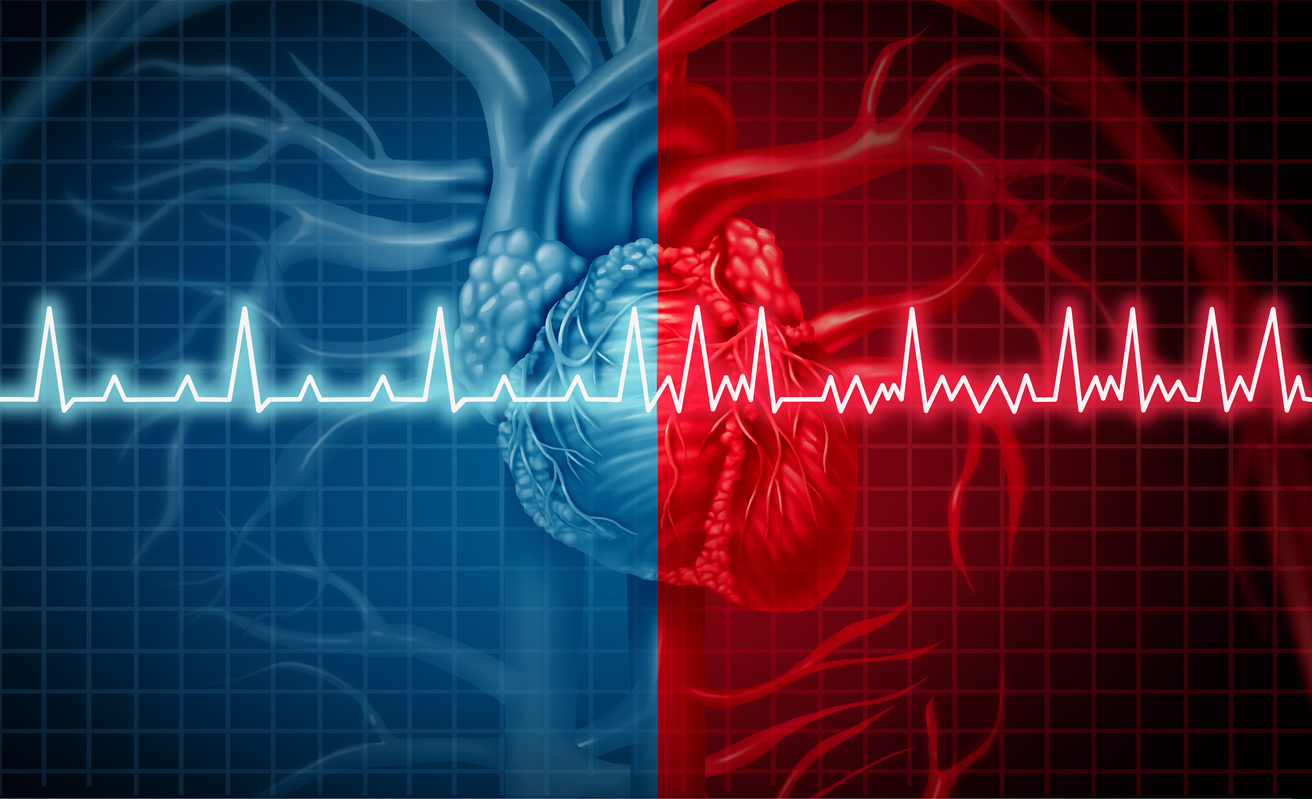Atrial Fibrillation (AFib) is a prevalent heart condition characterized by an irregular heartbeat, or arrhythmia. It happens when the atria, the heart's upper chambers, beat quickly and erratically, impairing the heart's capacity to pump blood effectively. To control its symptoms and lower associated risks, this condition necessitates awareness and care. Some AFib sufferers may not exhibit any symptoms at all. Start searching the options below to uncover the most effective treatments.

Atrial Fibrillation Causes
There are several possible causes of AFib. High blood pressure, heart conditions, irregular heart valves, congenital heart defects, sleep apnea, long-term illnesses like diabetes or asthma, and stimulants like tobacco or coffee are common causes. Developing successful treatment strategies is aided by an understanding of these causes.
Signs and Symptoms
AFib symptoms can differ from person to person. Palpitations, breathlessness, exhaustion, lightheadedness, chest pain, or even a fluttering sensation in the chest are possible symptoms for some people. It's crucial to remember that some people with AFib may not exhibit any symptoms, which is why routine screenings and check-ups are essential.
Types of Atrial Fibrillation
A complete medical history review, a physical examination, and multiple tests are all necessary for making a diagnosis. The electrocardiogram (ECG or EKG), the Holter monitor, the event monitor, the stress test, the echocardiogram, and blood tests are frequently used to diagnose AFib. A precise diagnosis facilitates the creation of an individualized treatment strategy.
Treatment
The goals of treating AFib include managing underlying causes, preventing blood clots, and regulating the heart's rate and rhythm. Medication, lifestyle modifications, electrical cardioversion, catheter ablation, pacemaker implantation, and, in certain situations, open heart surgery are all available forms of treatment. The condition and general health of the patient determine the best course of action.
Management
Managing AFib necessitates a comprehensive strategy. Patients are frequently counseled to lead heart-healthy lifestyles that include regular exercise, heart-healthy eating, stress management, and abstinence from stimulants. Effective management of AFib necessitates regular heart rate monitoring, adherence to medication, and follow-ups with medical professionals.
Possible Complications
Severe consequences from untreated or poorly managed AFib can include heart failure, stroke from blood clots, chronic fatigue, and cognitive decline. Knowing the risks of atrial fibrillation (AFIB) highlights the significance of early detection, treatment, and lifestyle changes.
Seeking Help and Support
It's critical to seek medical attention if you have been diagnosed with Atrial Fibrillation or if you suspect you may have it. Your healthcare provider should be consulted regarding treatment options, potential risks, and lifestyle changes. Joining support groups or making connections with other Atrial Fibrillation sufferers can also offer insightful conversations and emotional support during this journey. Start searching the options below to uncover the most effective treatments.




